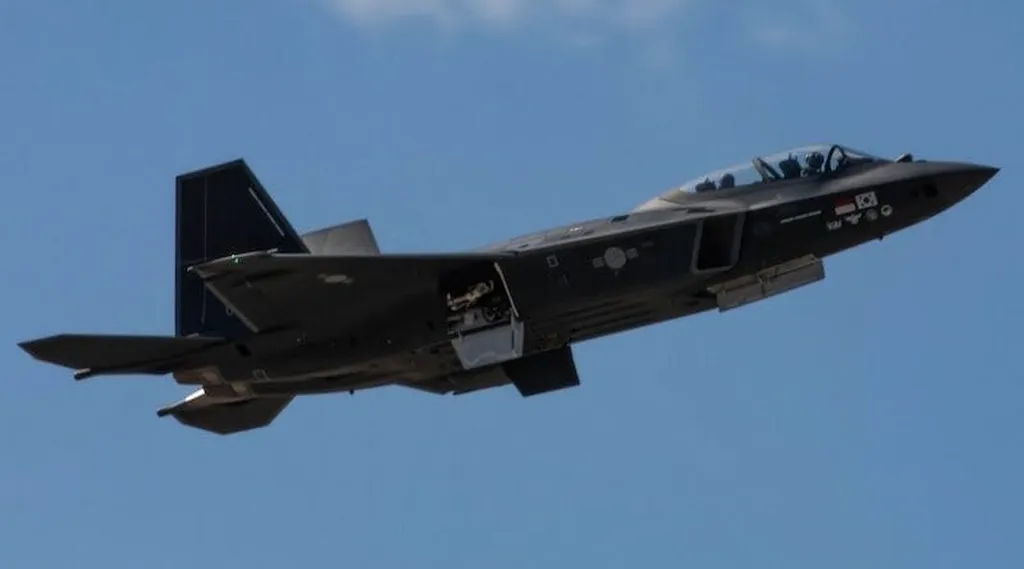Indonesia’s decision to renew diplomatic ties with North Korea has sparked concern in Seoul, particularly due to Jakarta’s involvement in the KF-21 fighter jet program. The KF-21 represents South Korea’s most ambitious defence initiative, incorporating advanced avionics, stealth capabilities, and radar systems that could reshape regional air power dynamics in Northeast Asia. However, Indonesia’s partnership with North Korea threatens to disrupt this program, as it relies on Jakarta’s financial backing while raising fears of technological leakage.
Indonesia’s foreign policy, rooted in its role as a founding member of the Non-Aligned Movement, prioritises strategic autonomy. By maintaining diplomatic relations with North Korea, Jakarta aims to preserve its position as a neutral mediator rather than taking sides in geopolitical conflicts. The Indonesian government insists its engagement with Pyongyang is diplomatic, not military, and denies any intention to violate defence pacts with South Korea. Yet, perception is as critical as reality in defence cooperation, and South Korean policymakers are increasingly wary of Indonesia’s actions.
“The belief that Indonesia could access KF-21 data would damage South Korea’s defence innovation status and create doubts among its alliance partners,” said a South Korean defence expert. The KF-21 is more than a business deal; it is a strategic initiative requiring absolute trust. If doubts about Indonesia’s reliability persist, South Korea may demand restrictions on Jakarta’s involvement, jeopardising the program’s financial and political stability.
This dilemma highlights a broader challenge in defence partnerships: balancing strategic autonomy with the need for trust. Indonesia must demonstrate that its diplomatic outreach does not undermine its credibility as a defence ally. Meanwhile, South Korea must address its security concerns without alienating a crucial partner.
The regional environment adds another layer of complexity. Southeast Asia has historically maintained neutrality in major power conflicts, but the Korean Peninsula presents unique challenges. Any exchange with Pyongyang risks violating international sanctions, potentially damaging ASEAN’s credibility with South Korea, the United States, and Japan. Withdrawing under foreign pressure, however, would undermine Indonesia’s strategic autonomy—a core principle of its foreign policy.
To navigate this delicate balance, Indonesia must confirm its commitment to international non-proliferation standards while maintaining diplomatic relations with North Korea. A bilateral technology assurance dialogue with South Korea could establish structured mechanisms to protect KF-21 data, potentially involving third-party verification. Additionally, Indonesia should leverage ASEAN to promote its outreach activities as part of a broader peacebuilding strategy, emphasising its track record as a reliable defence partner.
For South Korea, the challenge lies in maintaining vigilance while recognising Indonesia’s strategic value. Seoul must advocate for safeguards to protect sensitive technologies without damaging its partnership with Jakarta. The KF-21 program’s sustainability hinges on technological advancements and the ability of both nations to build trust, manage public perception, and align their strategic goals within an evolving regional landscape.
As Hutagalung (2025) noted, Indonesia’s diplomatic engagement with North Korea has significant implications for regional security. The KF-21 program faces risks stemming from eroded trust and concerns over regional defence standards. However, Indonesia’s position as a mediator could also offer opportunities to bridge divides and promote dialogue. The key is ensuring these dimensions do not conflict.
In the end, the relationship between Indonesia and North Korea presents both risks and opportunities. The KF-21 program’s success depends on South Korea and Indonesia’s ability to navigate these challenges while upholding their strategic alliance. As Jeong (2025) reported, Indonesia has secured 48 KF-21 jets in a revised deal with Seoul, underscoring the importance of this partnership. The path forward requires open security measures, formal dialogues, and confidence-building activities to ensure that Indonesia’s diplomatic independence does not come at the expense of its defence commitments.

